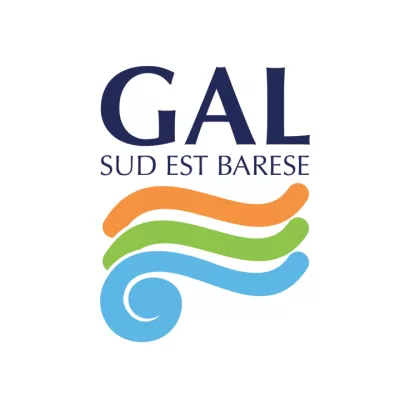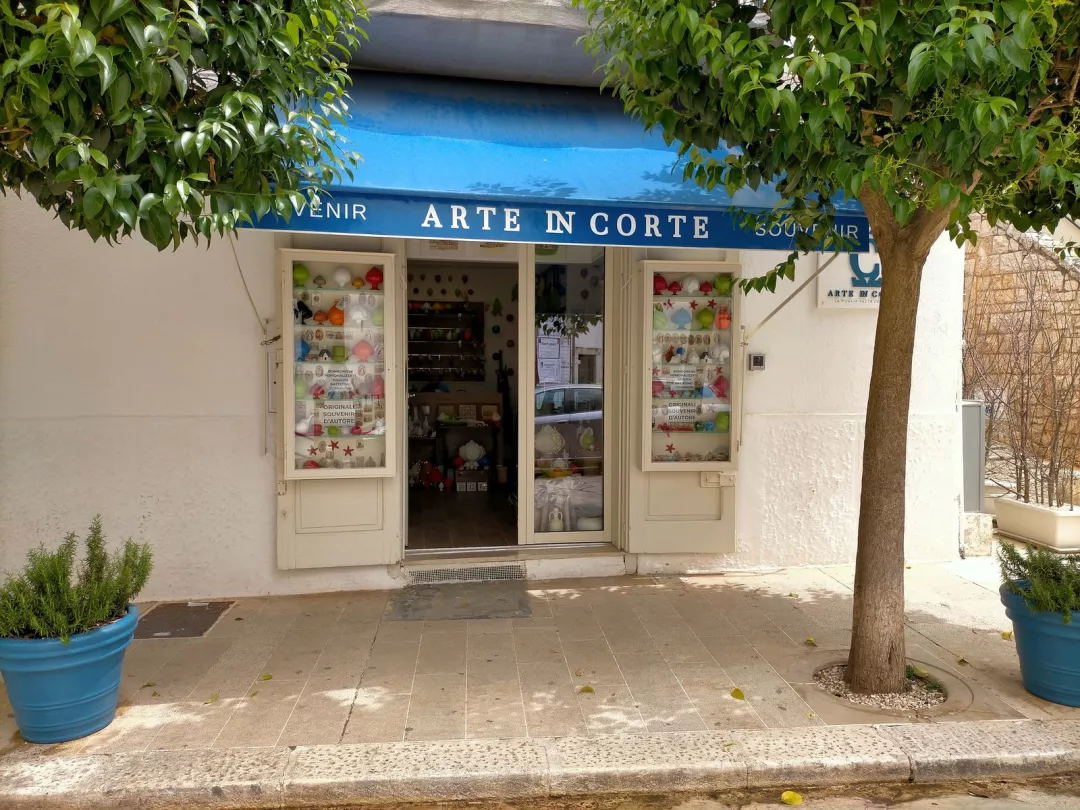General information
RDP Priority
- P6. Social inclusion and local development
RDP Focus Area
- 6B: Local development
RDP Measure
- M19: LEADER/CLLD
Beneficiary type
- Local Action Group
Summary
The ‘Sud-Est Barese’ LAG operates in a territory in Apulia, Southern Italy that suffers from high unemployment. The farming and livestock sectors of the territory did not have the potential to create new income streams and employment opportunities, so their LAG decided to support the setup of new small businesses in non-agricultural sectors, such as leisure and welfare services, as well as traditional crafts. After a long consultation process, the LAG launched eight project calls, through which it was able to offer support to a wide range of new and diverse businesses.
Results
- Overall, 55 startups were successfully supported.
- Four of those startups were in the craftmanship sector and are particularly innovative.

Promoter
LAG Sud Est Barese
Funding
Total budget: 3 139 680 (EUR)
EAFRD: 1 531 621 (EUR)
National/Regional: 824 719 (EUR)
Private/own: 783 340 (EUR)
Sujets
Ressources
Documents
Context
The ‘Sud-Est Barese’ LAG is located in Apulia in southern Italy. It covers nine municipalities and some 180 000 people. The region’s agriculture and livestock production sectors offer limited perspectives in terms of creating revenue and employment. Therefore, the LAG decided to offer support to a range of SMEs and startups from non-farming sectors such as small retailers, leisure services, welfare services, etc. Emphasis was given to the recovery and revitalisation of traditional craft skills.
Objectives
The aims of this LAG strategy were to:
- diversify the structure of the local economy.
- support the entry of young people, women and disadvantaged people into employment.
- restore and commercialise traditional skills and crafts.
- foster new links and synergies among local economic actors.
Activities
Between 2019 and 2023 the LAG launched eight calls (up to twice per year) aiming to support the creation of startups in different sectors. In designing the support programme, the LAG reached out to local stakeholders via a long consultation phase in order to fully understand their needs and potential. The calls pursued the objectives of the Local Development Strategy, which was elaborated by the LAG in 2017. The financial support consisted of a 50% investment contribution to projects, whose size needed to range between EUR 30 000 and EUR 70 000. Each selected project benefited from a startup bonus of EUR 15 000, and needed to be set up and fully implemented within 12 months.
Main results
- Overall, 55 startups were successfully supported, four of which were in the craftmanship sector.
- Of the craftmanship sector startups, two notable examples stand out:
- a 45-year-old unemployed person, a former factory-worker, chose to set up a new handcraft workshop in a small village. The business was so successful that the beneficiary is now expanding his activity to include the production of other traditional items such as wedding gifts.
- a 34-year-old engineer set up a 3D production line for innovative party lights, and is currently enlarging the business activity.
Key lessons
- This experience showed that in low-income areas with high unemployment rates there is adequate potential for spreading innovation and sustaining new enterprises.
- The LAG realised that there is also strong demand from existing enterprises that wish to update and improve product quality, or to innovate in line with the Local Development Strategy. With this in mind, forthcoming calls will also aim to support existing businesses.
The calls offered for the first time the opportunity for small local entrepreneurs to recover old craftsmen skills that risked being lost, and to launch new services to residents and tourists, often linking this set-up to interesting market niches that were not previously available (e.g. music school for children, photo and video services).
